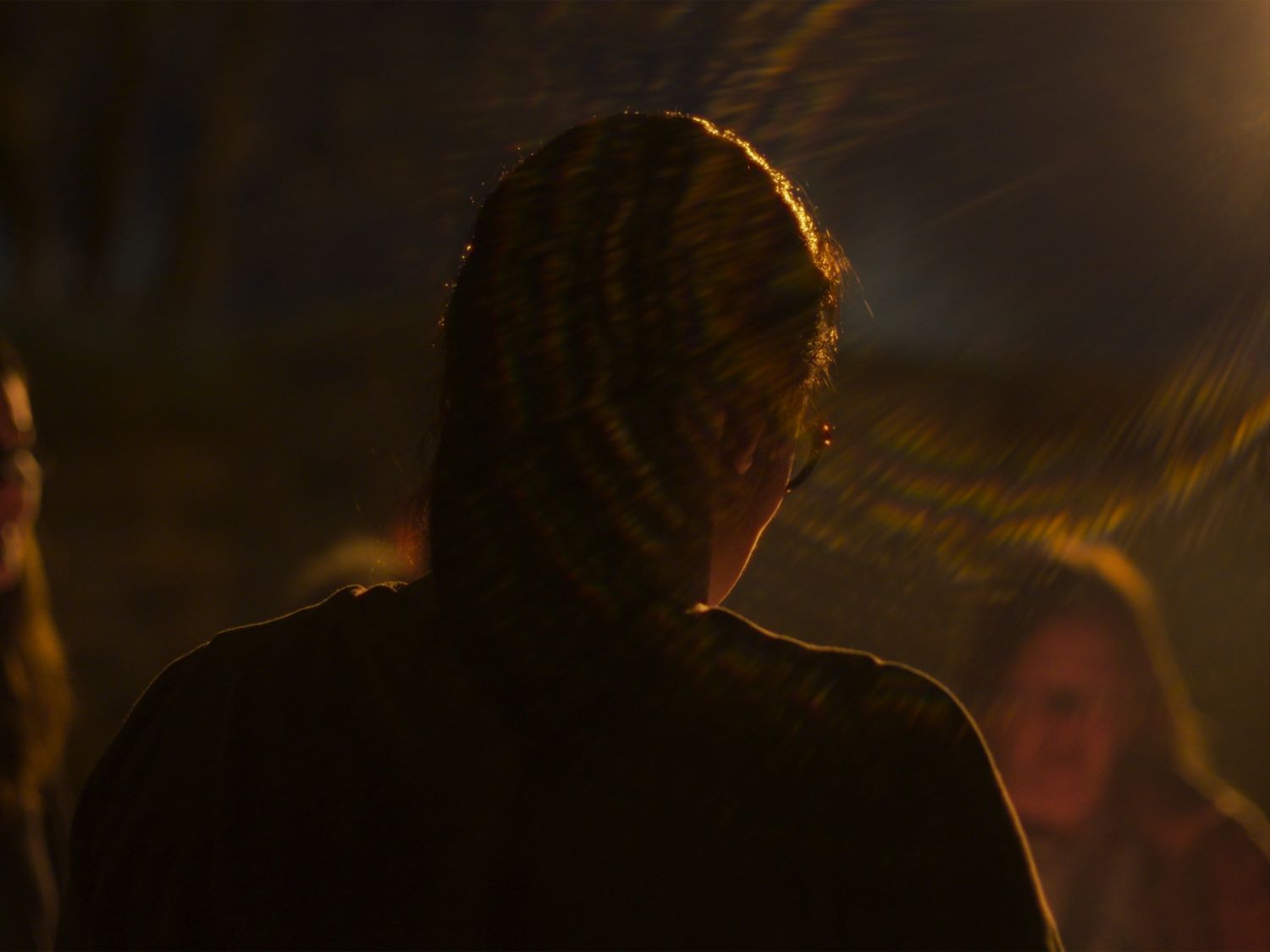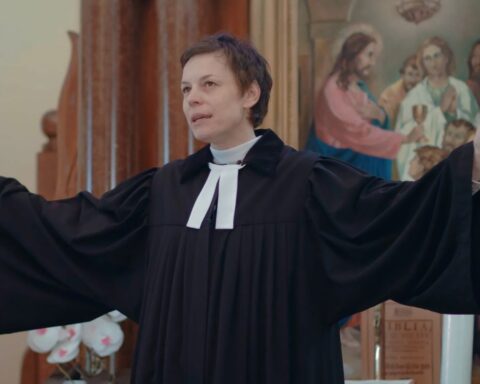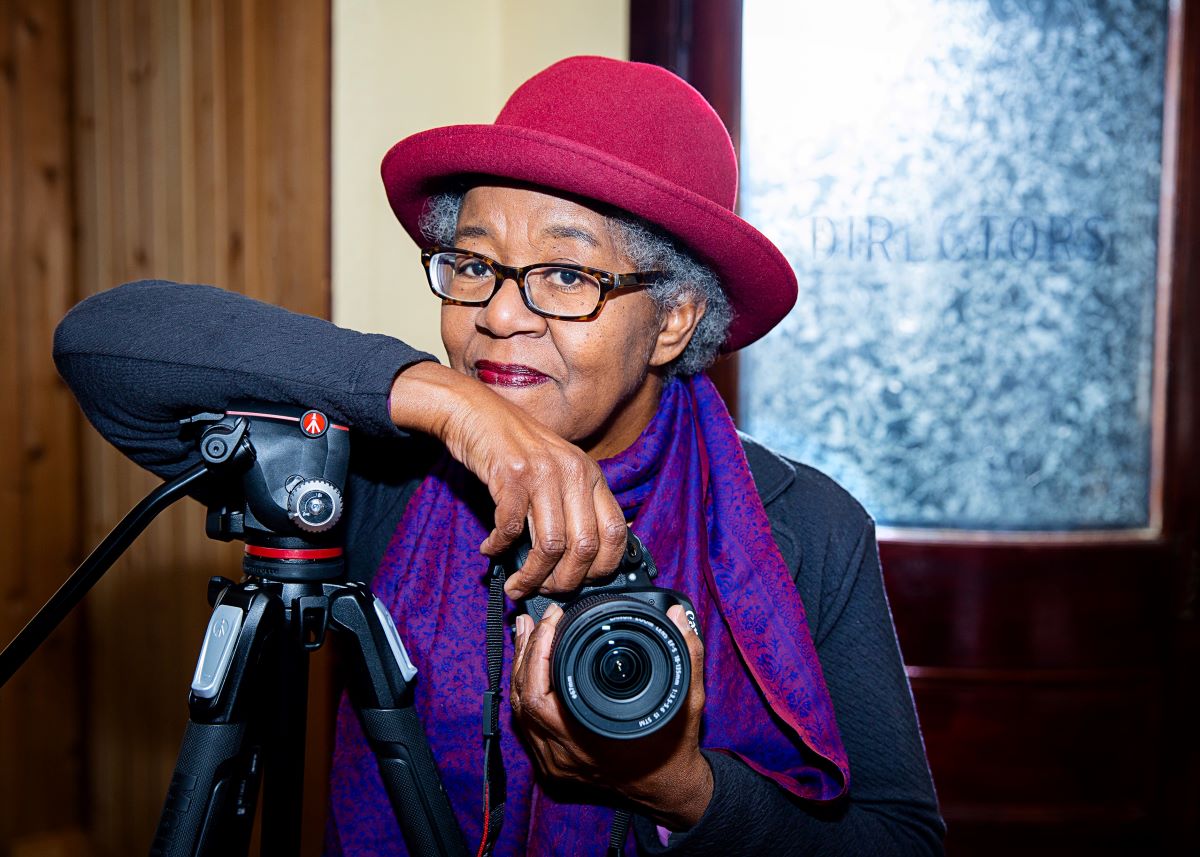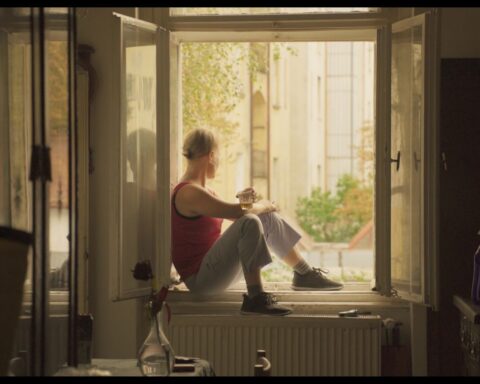“Let me say that this one may be a little harder than usual,” a voice says at the beginning of Afterwards. The short documentary, which is now streaming for free at NFB.ca after premiering at RIDM last fall, invites audiences to listen as women share their experiences in a talking circle. The women, all survivors of domestic violence, form a community in the shelter that helps them escape abusive relationships. But they’re also talking through their traumas in order to heal, finding commonalities with women who understand the emotional and mental scars that aren’t as visible as the physical bruises they bear. Afterwards is a powerful exercise in active, empathetic listening.
Directed by Romane Garant Chartrand, Afterwards protects the women’s anonymity while affording them agency. The carefully framed compositions ensure that the women are present throughout the film, yet never identifiable. There are no faces seen and no voices can be matched with physical bodies. Beyond respecting the participants’ needs for safety and privacy, the effect gives voice to many others whose experiences echo in the women’s tales.
“You’re the one who has to prove that you’re the victim—that you’re in pain, that your soul’s been bruised if they can’t see it on your body,” one woman says. The film catalogues traumatic episodes of abuse, but also the painful and unfair response to domestic violence that puts the onus on survivors to upend their lives to escape abuse while violent men get off easy. The shelter lets survivors begin the healing process by connecting them with other women who echo their tales and, in turn, finally help them be heard and seen.
“I met those who suffered violence and listened to the stories of their shameful lives. I tried to understand the pain from which they could not escape and what life has left them, or rather taken away. I was interested in the fragments that constitute them, in their barricaded voices, in what disfigured them,” Chartrand says in her director’s statement, noting that Afterwards represents two years of being around violence and trying to make sense of the cycles of violence against women that one can never understand.
“I noticed the silence of those who were silenced, those who were prevented from breathing, but who managed to do so despite everything, despite the worst. Even today, the struggle of women is invisible: they are predestined to fight anonymously and remain hidden because society and the system do not want to hear them.”
Watch Afterwards below from the NFB.
Afterwards, Romane Garant Chartrand, provided by the National Film Board of Canada












